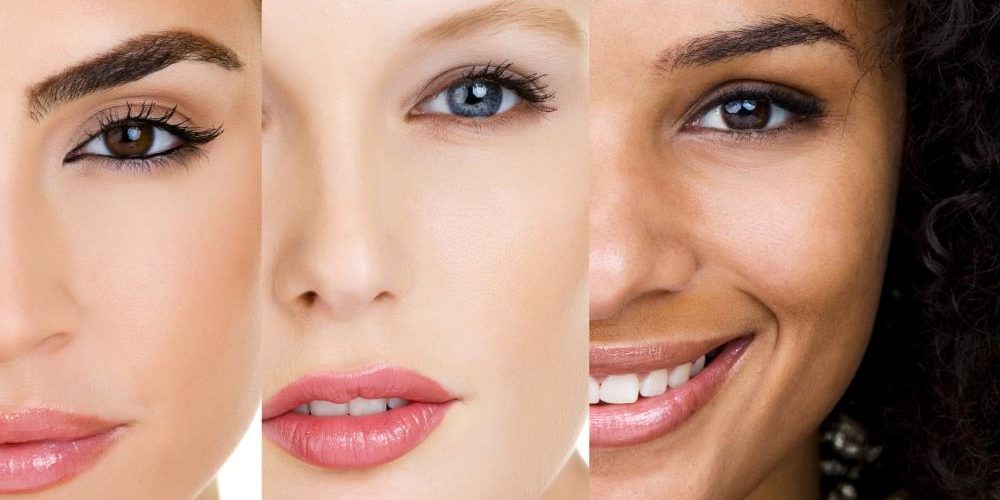Whether it’s age, a diagnosis such as Premature Ovarian Failure (POF), Diminished Ovarian Reserve (DOR), or you’re in a same-sex male relationship that wants to expand their family; using an egg donor may be the best course of action to conceiving. For some though, it can be a difficult decision and one made after a long heart-breaking infertility journey. Below, we walk you through reasons you may want to consider this as an option, the potential positives, the potential concerns and the cost of donor eggs.
Let’s first review fertility and age. Women are born with all the eggs they will ever have; approximately two million eggs. This is known as an ovarian reserve. As you age, this reserve decreases. If you’re a reproductive healthy woman, by your mid-twenties, your reserve will have decreased to approximately 300,000 eggs. Around or after age thirty-five is when the quality and quantity of your eggs begin to decrease. In general, according to the ASRM, women over age thirty have a 20% chance of conceiving and by age forty, it can decline to as low as 5%. Another factor is the older you are, the risk of chromosomal abnormality and miscarriages increase. When you consider research conducted by the CDC confirming that more women are having children in their thirties than previous decades, options like egg freezing and using donor eggs is understandable.
If you haven’t frozen your eggs when they were at their optimum, and you want to help increase your chances of pregnancy and decrease your chance of miscarriage or chromosomal abnormalities, you can look into genetic testing like PGT-A on your own eggs/embryos. If for some reason, after genetic testing, it shows that your eggs may not be viable, you can explore using donor eggs from a younger woman.
Eggs that are donated are only accepted from women who pass a rigorous screening process and who are typically between the ages of twenty-one to thirty-four. As we learned above, age and fertility are related, which is why they specifically look at an age range when eggs will potentially offer higher success rates.
While there are several ways to purchase donor eggs, you can also ask a close friend or relative if they would be comfortable donating their eggs to you. The cost of donor eggs can vary depending on where you go, if the donor eggs are fresh or frozen, but if you know someone willing to help, it can decrease your cost.
Here are some potential positives and potential concerns when considering using donor eggs:
Potential Positives:
- If you are a same-sex male couple, using an egg donor means one of you can be genetically tied to the child.
- If you have a male-partner and his sperm is used, the child would be biologically his.
- You can experience pregnancy, breastfeeding, and labor if you prefer and/or are not able to explore other family building options such as adoption.
- Success rates tend to be higher when using donor eggs if you have a diagnosis like POF or DOR.
Potential Concerns:
- Cost is a factor. There are various ways to procure donor eggs, whether it’s using a fresh donor, frozen egg bank or a shared donor. However, when you consider the donor egg fee, cost of the IVF process, medications, etc., costs can vary greatly but generally range between $12,000 to $20,000.
- Depending on your ethnic background, religion, or your specific preferences, etc., it may take some time before you find an ideal match.
- Despite the advantages of using an egg donor, it doesn’t guarantee that you’ll get pregnant immediately or at all.
- Some are not comfortable with not being genetically related to their child. This is a personal decision, and everyone needs to decide this for themselves.
Whatever path you take regarding donor eggs, Dr. Wilcox and your clinical team has experience in each scenario and can help provide insight, options, resources and support along the journey.
For more information on the numerous fertility treatments and family building options offered at Wilcox Fertility, please continue to review other areas of our site or to inquire about financial information, please don’t hesitate to contact us via our online form or call us at 626.657.9327.







